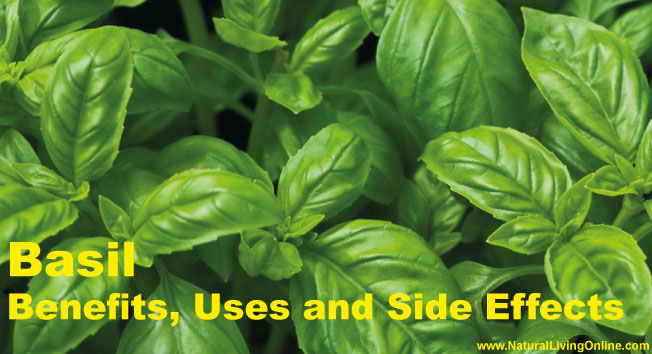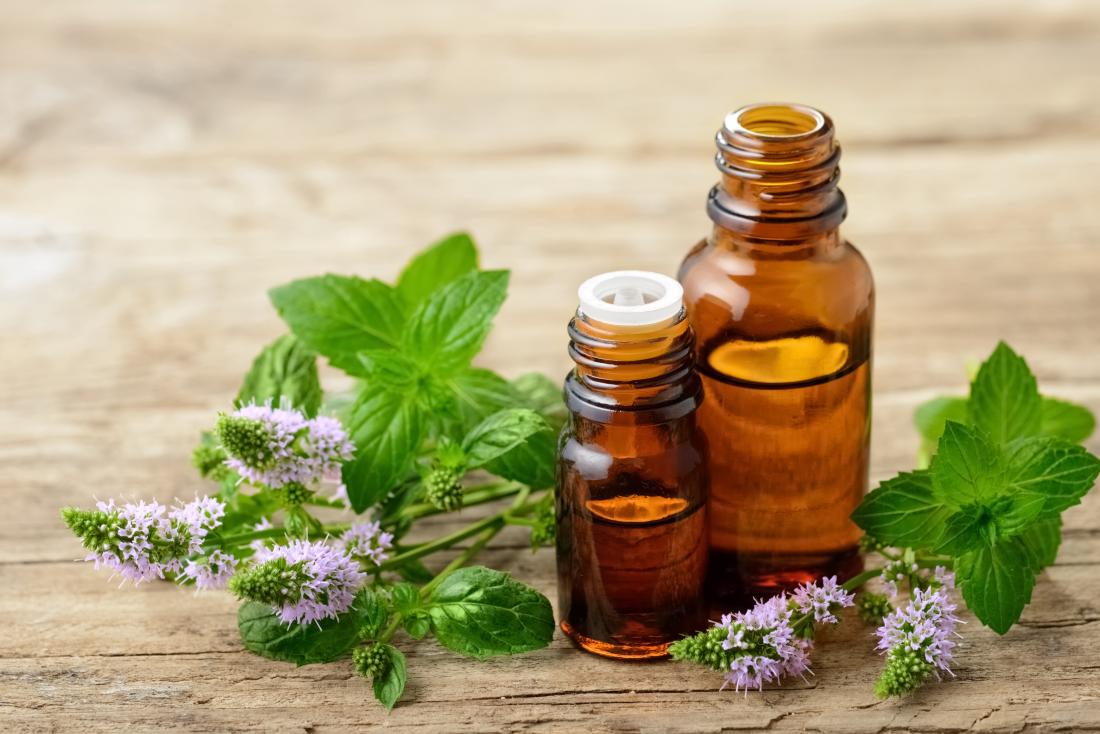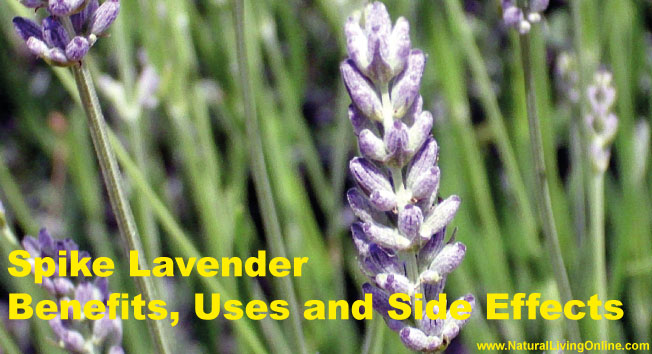Basil essential oil is one of the most popular oils in the world. It has a long history of use in traditional medicine, and is now being studied for its potential health benefits. Basil oil has a refreshing, earthy smell, and is known for its calming effects. In this article, we will discuss the benefits of basil oil, as well as some of the potential side effects. We will also provide tips on how to use basil oil safely and effectively.
What is Basil?
Basil (Ocimum basilicum) is a member of the mint family. It is native to India and other tropical regions, and has been cultivated for centuries. Basil is a popular ingredient in many cuisines, and is known for its unique flavor. The leaves of the basil plant are used to make basil oil. Basil oil is a concentrated form of the herb, and contains high levels of volatile compounds. These compounds are responsible for the oil’s strong aroma and therapeutic effects.
How many different types of Basil essential oils are there?
There are many different types of basil essential oils, each with its own unique properties. The most popular varieties include sweet basil, holy basil, and Thai basil. Sweet basil oil is the most widely available type of basil oil, and has a sweet, floral aroma. Holy basil oil is less common, but is said to be more potent. Thai basil oil has a spicy, camphor-like smell, and is used in traditional Thai medicine.
How Basil essential oil is made?
Basil essential oil is made by steam distilling the leaves of the basil plant. The resulting oil is a clear, yellow-green liquid with a strong, aromatic smell.
What is the botanical name of Basil?
The botanical name of basil is Ocimum basilicum.
What is the chemical composition of Basil essential oil?
Basil essential oil is composed of several different volatile compounds, including eugenol, linalool, and methyl chavicol. These compounds are responsible for the oil’s strong aroma and therapeutic effects.
What are the benefits of using Basil essential oil?
Basil essential oil is said to offer a wide range of health benefits. Some of the most well-studied benefits include:
-Reducing inflammation
-Relieving pain
-Improving digestion
-Boosting immune function
-Reducing anxiety and stress
-Promoting healthy skin
-Improving circulation
What are ways to use Basil essential oil?
Basil essential oil can be used in a variety of ways. Some of the most popular methods include:
Diffusing: Diffuse basil oil in your home or office to enjoy its refreshing aroma.
Topically: Basil oil can be applied topically to the skin. It is important to dilute the oil first, as it can be irritating to the skin.
Internally: Basil essential oil can be taken internally in small amounts. This is best done under the supervision of a healthcare provider.
In recipes: Basil oil can be used to flavor food and beverages. It can be added to salad dressings, soups, and sauces.
How can I use Basil essential oil internally?
Basil essential oil should not be taken internally without the supervision of a healthcare provider. Small amounts of the oil can be added to water, juice, or smoothies. It can also be taken in capsules.
How can I use Basil essential oil topically?
Basil essential oil can be applied topically to the skin. It is important to dilute the oil first, as it can be irritating to the skin. To make a dilution, mix basil oil with a carrier oil such as jojoba oil or coconut oil. Apply the mixture to the desired area of skin.
How can I use Basil essential oil for aromatherapy?
Basil essential oil can be diffused in your home or office to enjoy its refreshing aroma. You can also add a few drops of the oil to your bathtub or shower.
Some Great diffuser recipes with Basil essential oil:
Basil and citrus: Add equal parts basil oil and lemon oil to your diffuser.
Basil and mint: Add equal parts basil oil and peppermint oil to your diffuser.
Basil and lavender: Add equal parts basil oil and lavender oil to your diffuser.
How can I use Basil essential oil in bath?
Basil essential oil can be added to your bathtub or shower. Simply add a few drops of the oil to the running water. You can also add a few drops of the oil to a bath bomb or bath salt.
How Basil essential oil has been used historically?
Basil essential oil has been used for centuries in traditional medicine. It was often used to treat digestive issues, skin problems, and anxiety. Today, basil oil is still used for these purposes, and is also said to offer a wide range of other health benefits.
What blends well with Basil essential oil?
Basil essential oil blends well with many other oils, including: Bergamot, Lemon, Clove, Cinnamon, Frankincense, and Peppermint.
What does not blend well with Basil essential oil?
Basil essential oil should not be blended with other oils that are high in eugenol, as this can make the blend irritating to the skin.
What are the side effects of using Basil essential oil?
Basil essential oil is generally safe for most people. However, it can cause skin irritation in some people. It is important to dilute the oil before applying it to the skin. If you experience any side effects, discontinue use and consult your healthcare provider.
What does Basil essential oil smell like?
Basil essential oil has a fresh, sweet, and slightly spicy aroma.
Can I make Basil Essential Oil at home?
Yes, you can make Basil essential oil at home. However, it is important to note that the quality of the oil will be lower than that of an essential oil that is commercially made.
How long does Basil essential oil last?
Basil essential oil will last for several years if it is stored in a cool, dark place.
Is Basil Essential Oil safe for kids?
Basil essential oil is generally safe for most kids. However, it is important to diluted the oil before applying it to the skin. If you have any concerns, consult your healthcare provider.
Is Basil Essential Oil safe for pregnant women?
Basil essential oil is generally safe for most pregnant women. However, it is important to diluted the oil before applying it to the skin. If you have any concerns, consult your healthcare provider.
Can Basil Essential Oil be used on pets?
Basil essential oil is generally safe for most pets. However, it is important to diluted the oil before applying it to your pet’s fur. If you have any concerns, consult your veterinarian.
Conclusion:
Basil essential oil is a versatile oil that can be used for many different purposes. It has a fresh, sweet, and slightly spicy aroma. Basil essential oil is generally safe for most people, but it is important to dilute the oil before applying it to the skin. If you experience any side effects, discontinue use and consult your healthcare provider. You can make Basil essential oil at home, but the quality of the oil will be lower than that of an essential oil that is commercially made. Basil essential oil will last for several years if it is stored in a cool, dark place. However, if you have any concerns about using this oil on kids or pets, please consult your healthcare provider.
This website does not provide medical advice.
All information provided on this website, and on associated social media networks, including but not limited to texts, images, and numbers are for general information purpose only. It is not intended as medical advice and it does not include all possible precautions, side effects, or interactions that may occur. Neither NaturalLivingOnline.com nor its author/founder take responsibility for how you use this information. Statements contained on NaturalLivingOnline.com have not been evaluated by the FDA. You should conduct thorough research via multiple sources and consult your physician or qualified doctor before using any essential oil or herbal remedy. Information on NaturalLivingOnline.com must not be relied upon for medical, legal, financial or other decisions.













